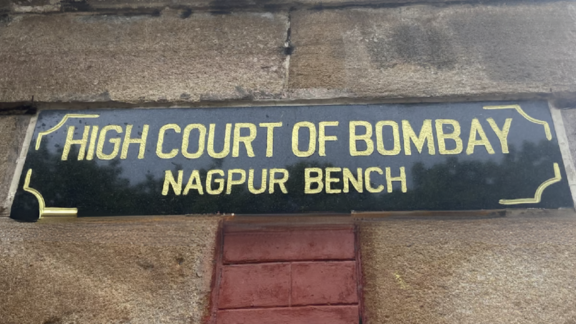The Nagpur Bench of the Bombay High Court recently denied bail to Nishant Agrawal, a former engineer at BrahMos Aerospace Pvt Ltd, who was convicted of espionage for Pakistan’s intelligence agency, ISI, and leaking sensitive information about BRAHMOS missiles. The court also rejected Agrawal’s request to suspend his life sentence, which had been handed down by the trial court.
In its August 23 order, the Bench of Justices Vinay Joshi and Vrushali V. Joshi emphasized the gravity of the case, noting that issues of national security and safety take precedence over even the most severe criminal cases. “The issue largely relates to the security and safety of the country, which must be viewed with utmost seriousness. The impact of such a crime may pose a significant threat to national security. When the question of national security arises, it is more serious than even gruesome murders. We are not prepared to risk national safety,” the court stated.
Agrawal, who had worked in the technical research section of BrahMos’ missile center in Nagpur, was arrested in 2018 during a joint operation by Military Intelligence and the Anti-Terrorism Squads (ATS) of Uttar Pradesh and Maharashtra. He was charged under the Official Secrets Act (OSA), Indian Penal Code (IPC), and Information Technology Act (IT Act).
In June, Sessions Judge MV Deshpande convicted Agrawal and sentenced him to life imprisonment. Agrawal subsequently sought a suspension of his sentence, claiming that he unintentionally downloaded malware while searching for a job and that there was no evidence of unauthorized data transmission. He also argued that no external devices were found that could have facilitated a security breach.
However, the prosecution presented strong evidence during the trial, revealing that Agrawal had access to classified information, with 19 secret files related to BRAHMOS missile systems found on his personal laptop. Of these, 16 files were labeled “secret,” and 3 were marked “restricted.”
The prosecution further highlighted that Agrawal had communicated with social media accounts linked to Pakistan, raising serious concerns about national security. Evidence showed that he accepted a friend request from a Facebook account created in Pakistan and engaged in conversations with a person named Sejal Kapoor without verifying her identity.
The court noted that Agrawal had shared personal information and uploaded links containing classified data to his laptop, which was vulnerable to malware. A forensic report indicated that the links on his laptop could have shared sensitive information with external servers.
The court remarked, “It is prima facie evident that the accused copied secret information onto his personal laptop. It is undisputed that he accepted a friend request on Facebook from an account created in Pakistan.” Additionally, the court noted that Agrawal had received training on maintaining confidentiality and had signed an undertaking to protect classified information.
Given the seriousness of the crime, the court found it inappropriate to suspend the sentence, stating, “This is not a case where the accused has a fair chance of success in appeal.”
Senior Advocate S. Dave, along with Advocate C.B. Barve, represented Agrawal, while Additional Public Prosecutor A.B. Badar appeared for the State.

















